
Conference Coverage
Advertisement
The study compared results from North America with global results by high-income and low- or middle-income countries.
Mariano Provencio, MD, PhD, presented the results of CheckMate 77T as a late-breaking abstract at ASCO 2025.
Cheryl Czerlanis, MD, shares insights from the session on lung cancer screening that she chaired at ASCO 2025.
Phase 2 of the study investigated the targeted therapy in treatment-naive patients with stage III ALK-positive disease.
Patrick M. Forde, MD, presented the late-breaking abstract during an oral abstract session at the 2025 ASCO Annual Meeting.
Palliative care researchers discuss differences in lung cancer treatment disparities across Hispanic patient subgroups.
Helena Yu, MD, discusses research updates from REZILIENT1 that were presented at ASCO 2025.
Coral Olazagasti, MD, and Maria Velez, MD, MS, reflect on the opportunities at the ASCO Annual Meeting.
Charles Rudin, MD, PhD, presented the data at the 2025 American Society of Clinical Oncology Annual Meeting.
The study compared treatment with neoadjuvant osimertinib with or without chemotherapy versus chemotherapy alone.
Jennifer Carlisle, MD, discusses amivantamab, and the multidimensional impact of toxicity management at ASCO 2025.
Researchers tested Dato-DXd for safety and tolerability in patients with advanced NSCLC.
Efficacy results, safety data, and survival data from the phase 2 study were presented at the ASCO 2025 Annual Meeting.
Coral Olazagasti, MD, shares why the ASCO Annual Meeting is a critical time to bring the field together.
Dr. Singhi unpacks the thoracic oncology data and highlights coming up at this year's ASCO Annual Meeting.
Stephen V. Liu, MD, shares what he sees as the key upcoming highlights in thoracic oncology at the ASCO Annual Meeting.
Lurbinectedin plus atezolizumab demonstrated a “clinically meaningful benefit” in patients with ES-SCLC.
A study of nearly 10,000 lung cancer cases found that only 41% would have been eligible for screening per USPSTF guidelines.
The study is evaluating if hydrogen peroxide in exhaled breath condensate can be used as a biomarker for lung cancer.
Study Highlights Relationship Between Lipid Metabolism, NK Cells in the NSCLC Tumor Microenvironment
Study investigators suggested there may be a “promising therapeutic strategy for advancing NK cell-based immunotherapy."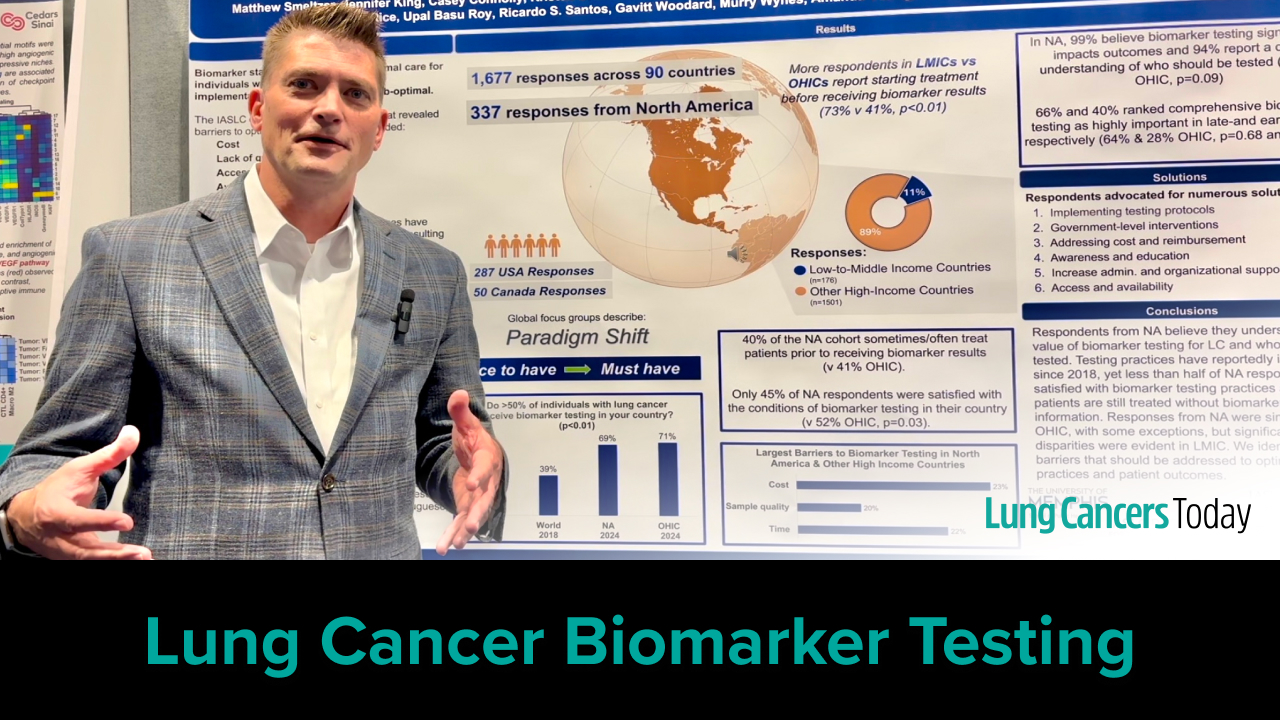

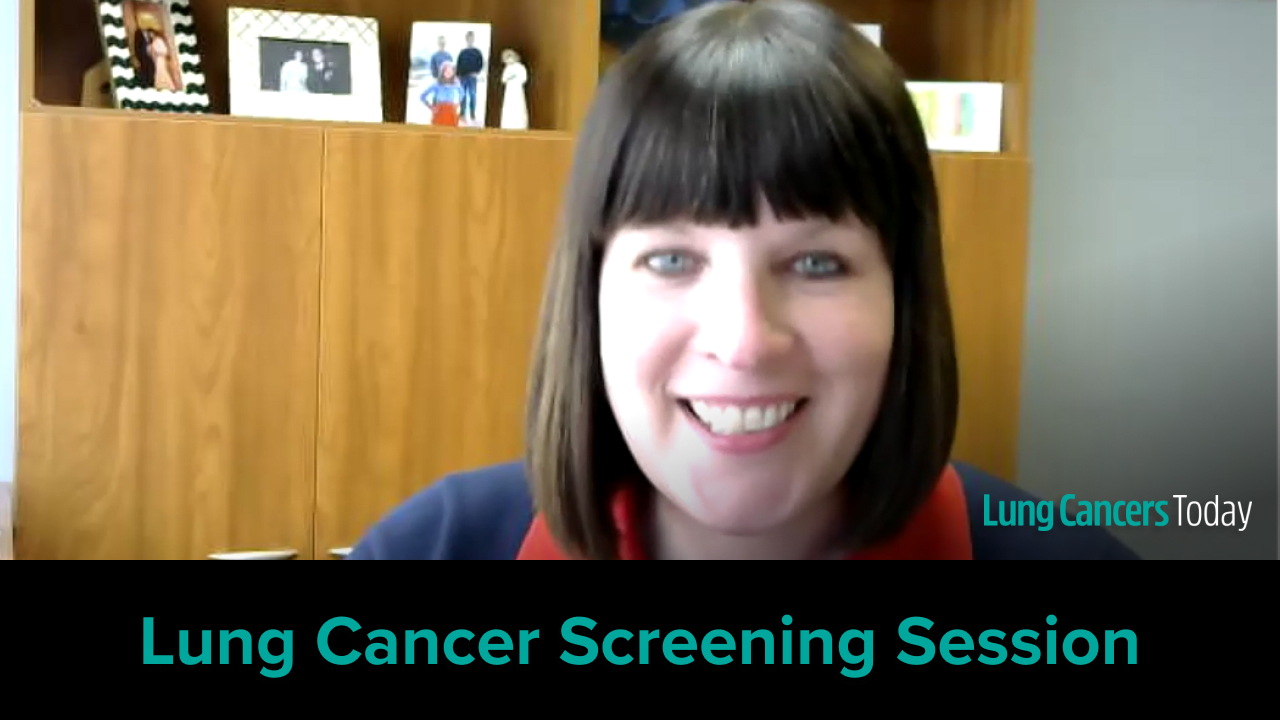


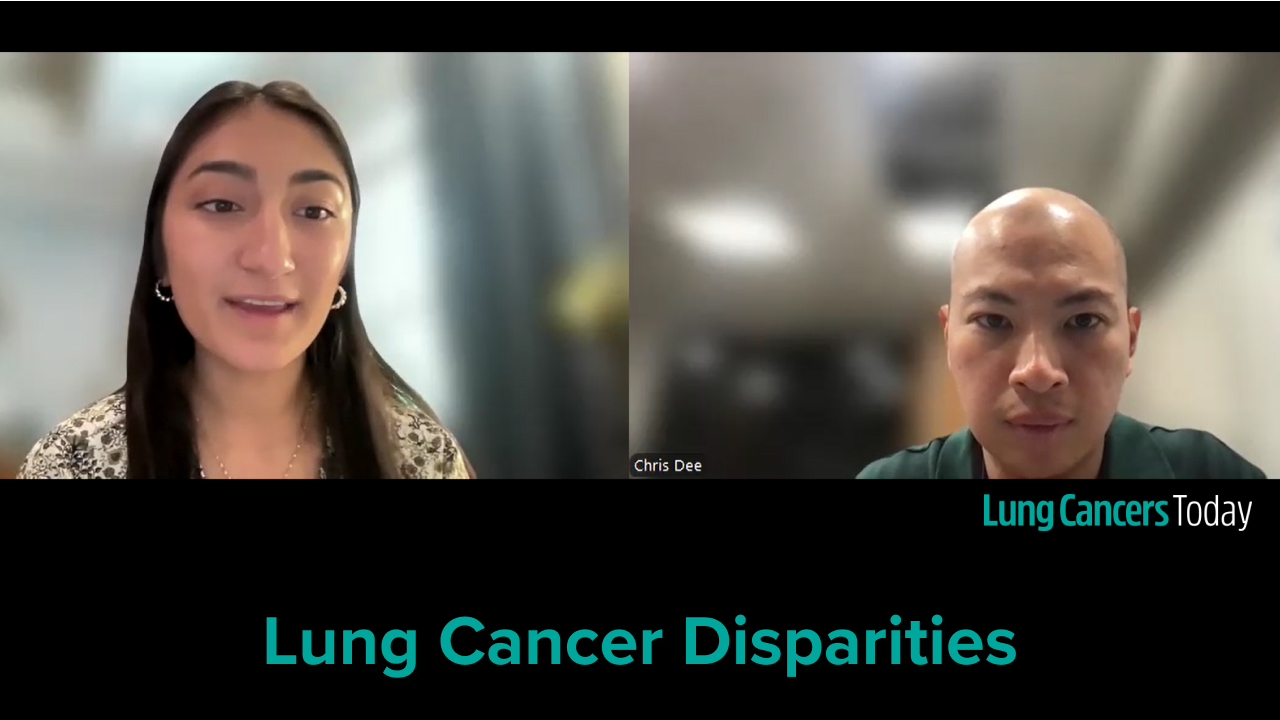
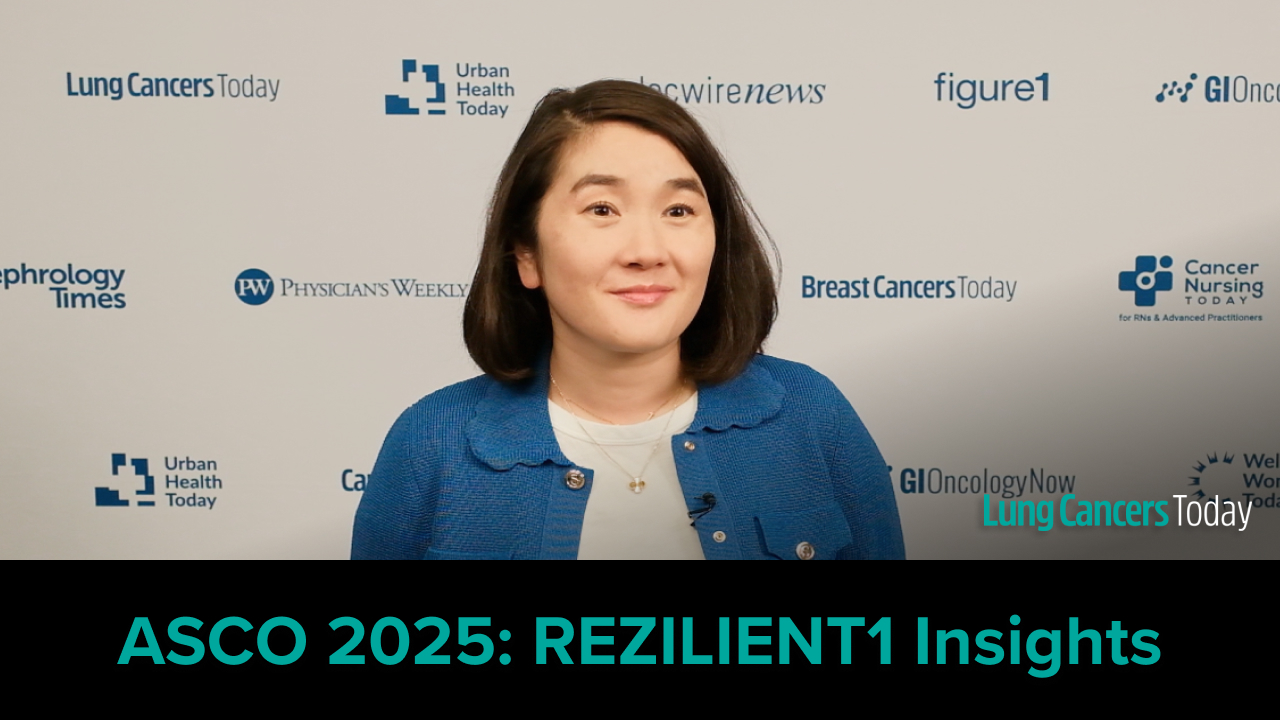
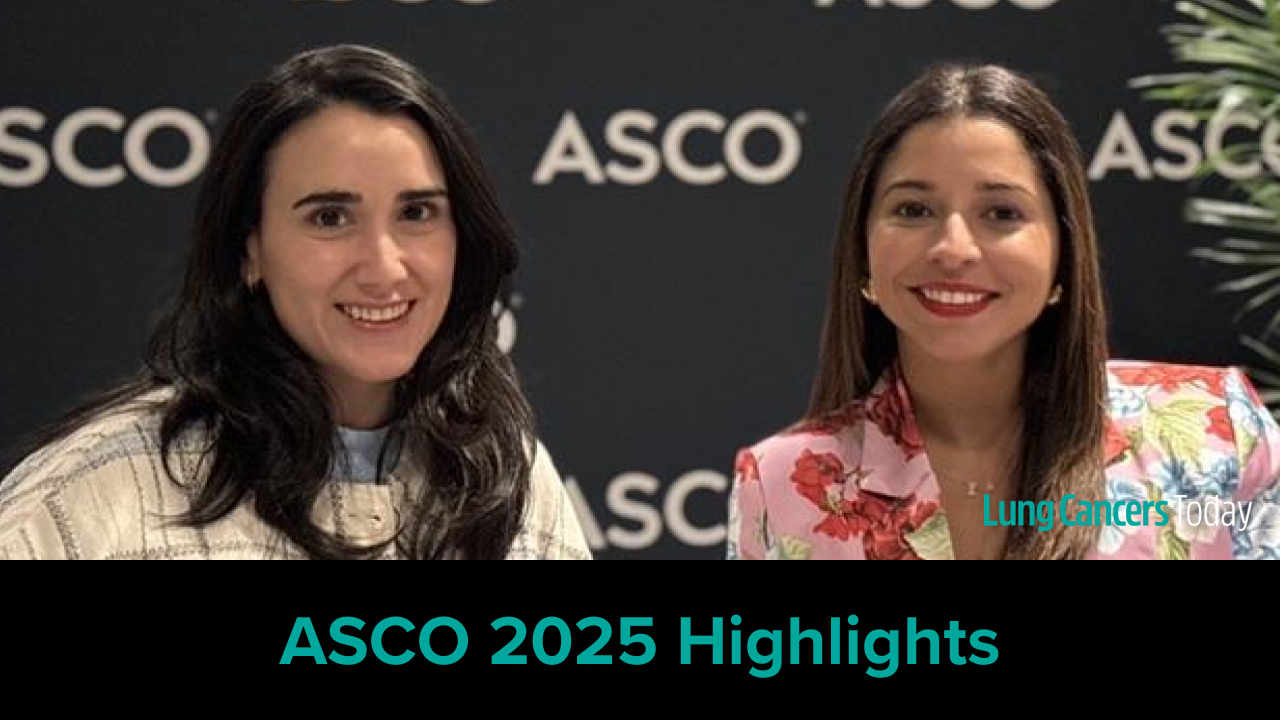

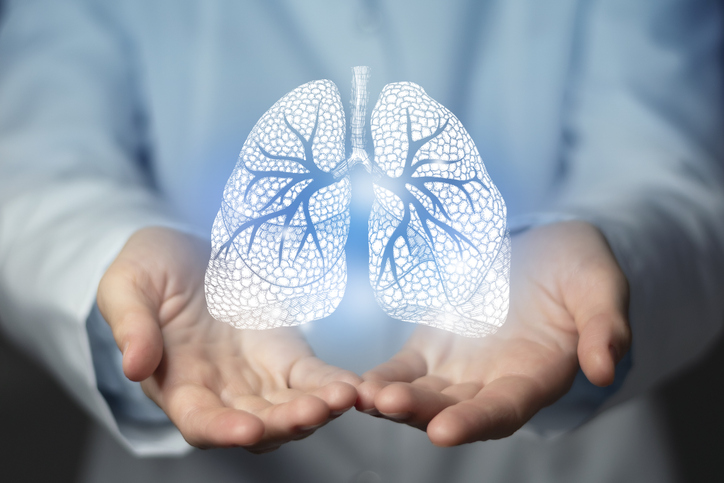

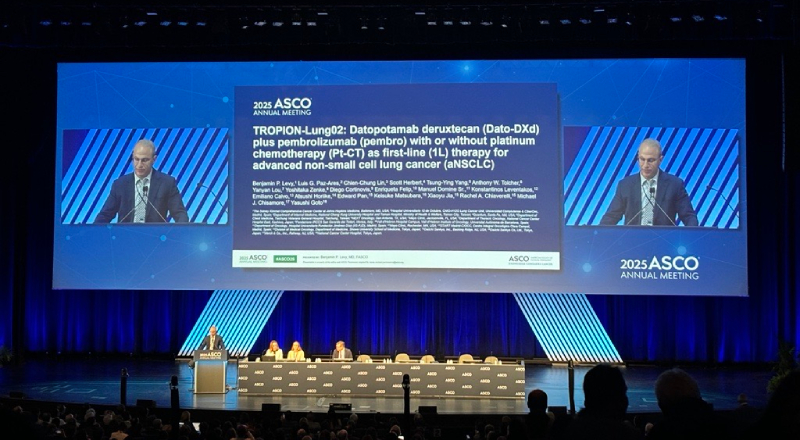
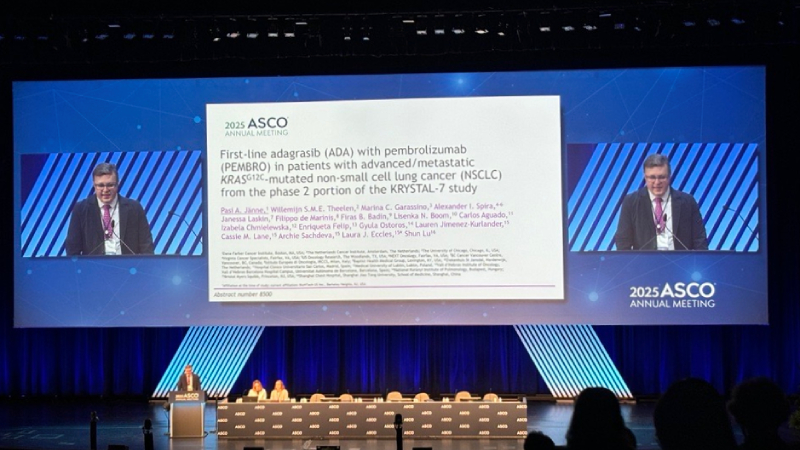
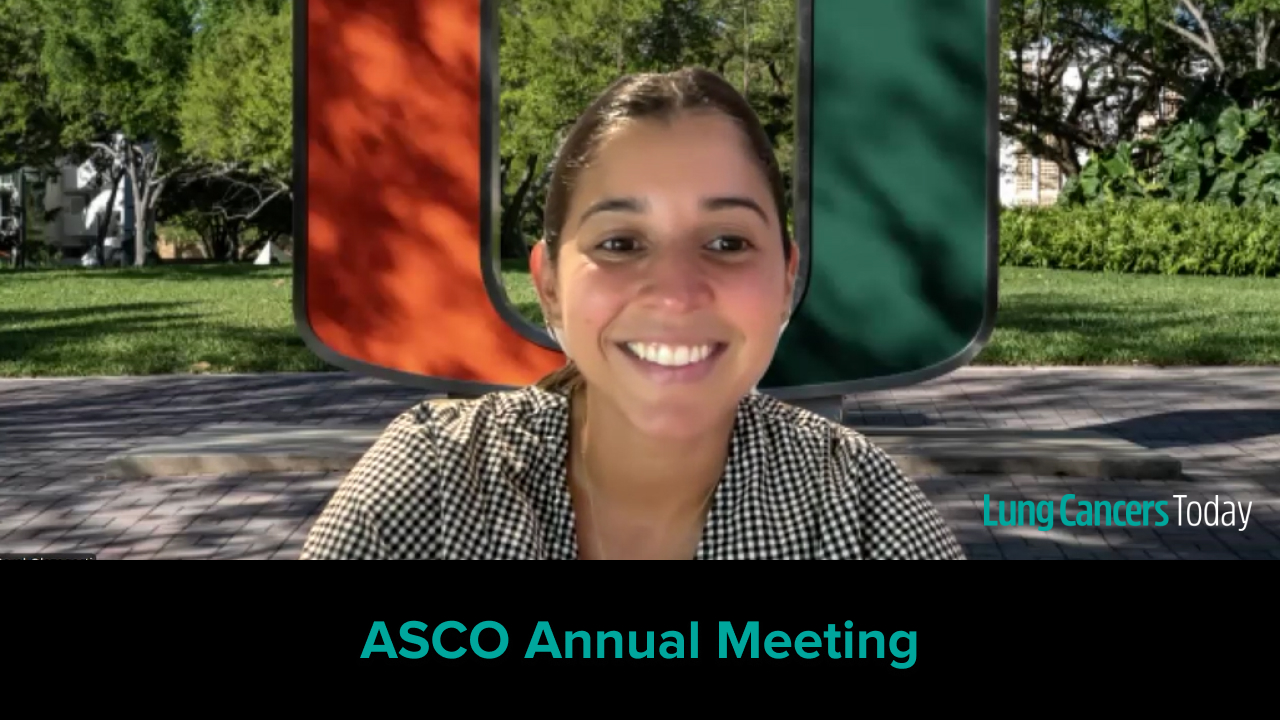

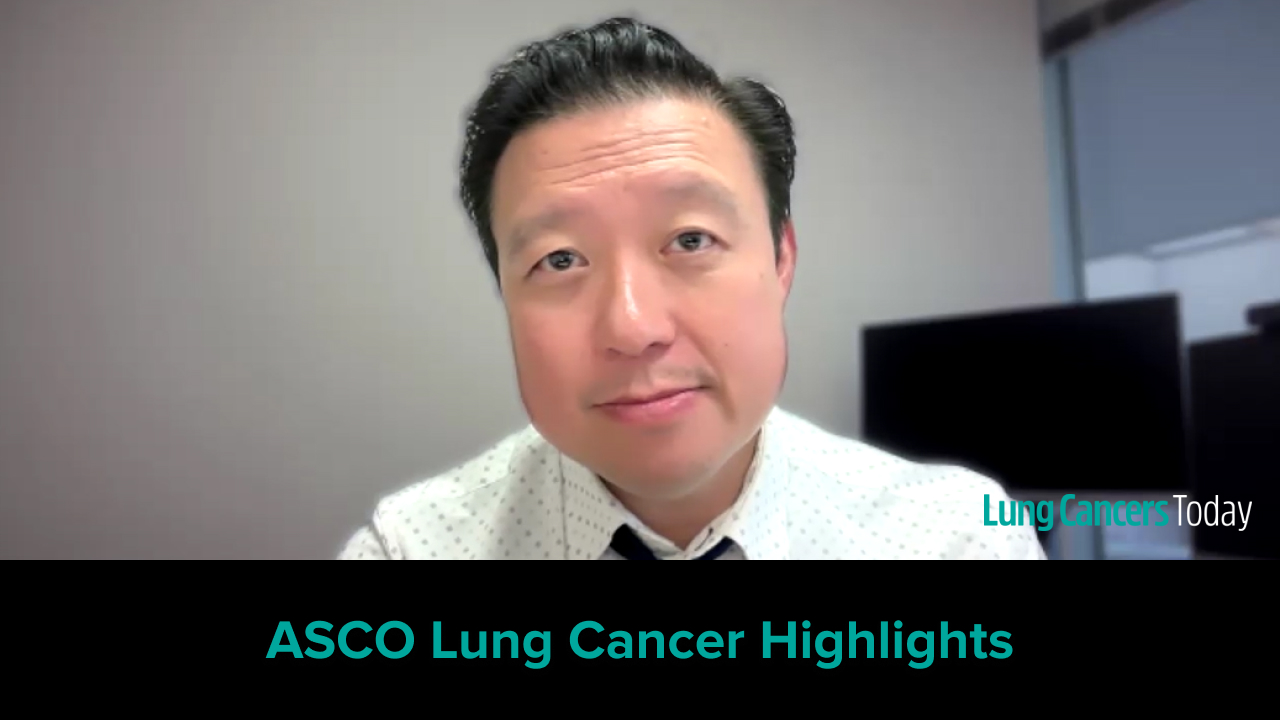
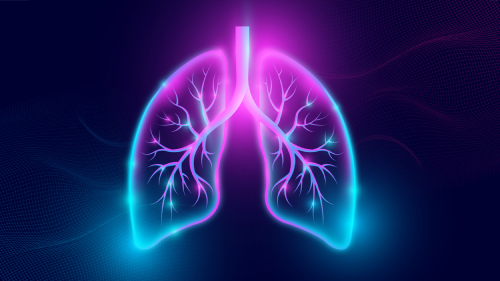

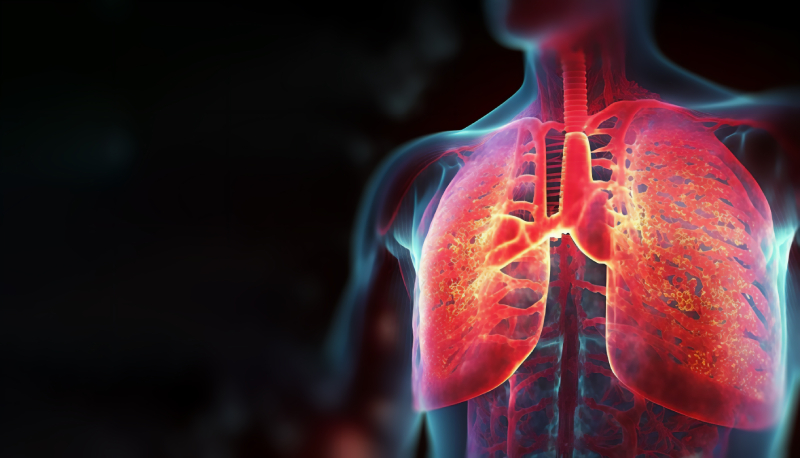


 © 2025 Mashup Media, LLC, a Formedics Property. All Rights Reserved.
© 2025 Mashup Media, LLC, a Formedics Property. All Rights Reserved.